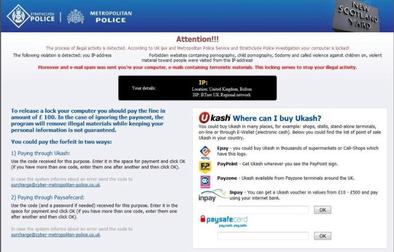A little while ago, I was asked by a reporter to speak about the escalating threats against doctors on Twitter. Since then, that conversation has been meandering, and at times galloping, through my mind. It’s kept me awake at night.
I have written previously about attacks against others and myself on Twitter while advocating for simple things like wearing masks and getting vaccines. However, attacks and threats are very different things. It’s far more worrisome when people tell me they will find me and ‘make me pay’ because that makes me look at our wall of windows overlooking our backyard and wonder who is in the woods looking in. What I said to the reporter is just that: ordinary people have no security so threats are worrisome. There are escalating threats against doctors but the real problem is far worse. Nurses, professors, psychologists and journalists have all had threats made against them, including death threats for speaking factually about COVID-19 and measures to help save lives.
From what I’ve observed, it’s often journalists who get the largest number of threats. Writing factual information on the pandemic isn’t the only thing that engenders threats, but it certainly begins large pile ons from the anti-science groups. Imagine having death threats or threats of violence against you but also having your face well-known, because it’s published with your articles or seen in TV appearances. Then imagine taking said face downtown, into stores, out walking with your dog or, worse, walking with your children.
While people are asking why people are becoming more violent, one very important piece of information needs to be brought to the table. Canada’s intelligence service, CSIS, has warned that foreign actors are using COVID-19 to sow discord in Canada:
“It is important to note that disinformation, originating from anywhere in the world, can have serious consequences including threats to the safety and security of Canadians, erosion of trust in our democratic institutions, and confusion about government policies and notices including information on the COVID-19 pandemic.”
Anything that sows discord in a democratic country weakens that democracy. The free press, as a cornerstone of our democracy and threatened in authoritarian countries, would certainly be a target. As would doctors, nurses and scientists who can speak in our country unlike in others, and stand as a testament to the freedoms we enjoy in a democratic nation. This is not to suggest that foreign bots are the only ones attacking journalists or others, but we must remember that their purpose is to inspire domestic threats with the volume and character of their attacks.
Regardless of who begins or escalates these threats, the consequence remains the same: fear, possible physical harm and silencing.
The avenues of help when you’re threatened are somewhat convoluted. A successful report to Twitter results in a thank you. Not sure what that means.
Wandering through the internet looking for help led me to Cybercrime that helpfully suggests “To report abusive behaviour, such as harassment, cyberbullying, threats, and impersonation, or other incidents that occur on social media, contact the social media provider directly through their help centre.”
Tried that.
Then there’s the labyrinth that take you to a report to your local police - but can they do anything from threats coming outside your local region?
One of my late night thoughts: could there be an avenue to create new methods of reporting threats made on social media, that allow quick reporting and maximum impact, like immediate and permanent bans from Twitter and quick attempts to find and prosecute these people?
The reason I’m bringing this up as a solution is that those who threaten are emboldened because they rarely pay a price for their actions. Some are actually dangerous, some are not, however, their threats have an impact of silencing or frightening people. What if they knew that people are quickly banned, quickly found and prosecuted? That would send a chilling message to them.
It would also reduce the sense of helplessness we all feel in the face of these threats.
Mind you, these are the late night thoughts of someone who never studied law and law enforcement. They are also the simple thoughts of someone who sees a new and large problem emerging that urgently needs new solutions.
Certainly, what we have now is not sufficient, because those threatened are increasingly frightened and those who threaten are increasingly emboldened. Why not do something to turn that pattern around?
If we don’t find innovative solutions to nip this growing problem in the bud, we’ll have a larger problem. If scientists, doctors, journalists, nurses and others fear speaking out factually on this pandemic, their increasing silence will just make our society much more dangerous by yielding the information space to those who will not keep us safe in a pandemic.
It is unequivocally a public safety issue.

















